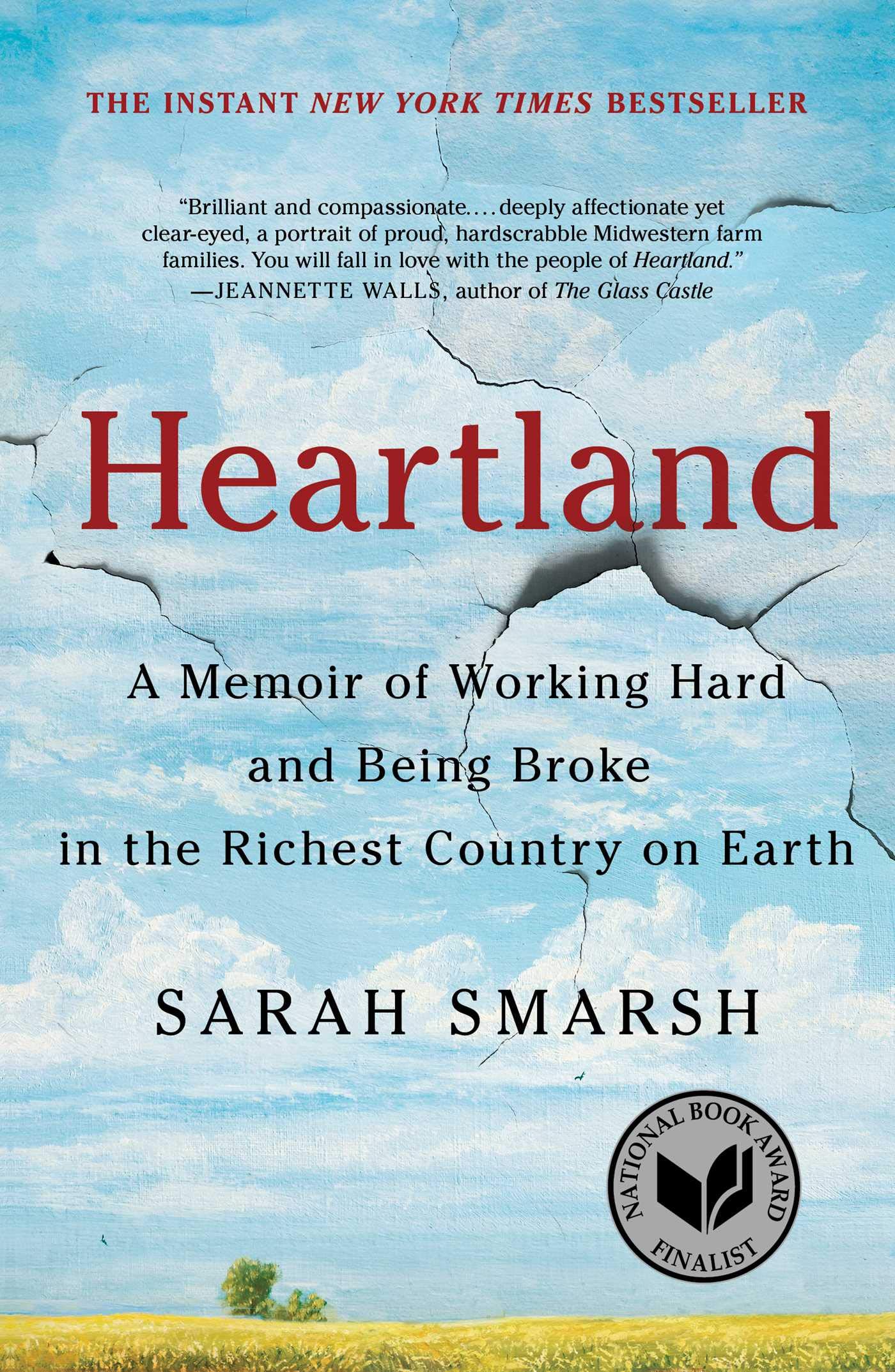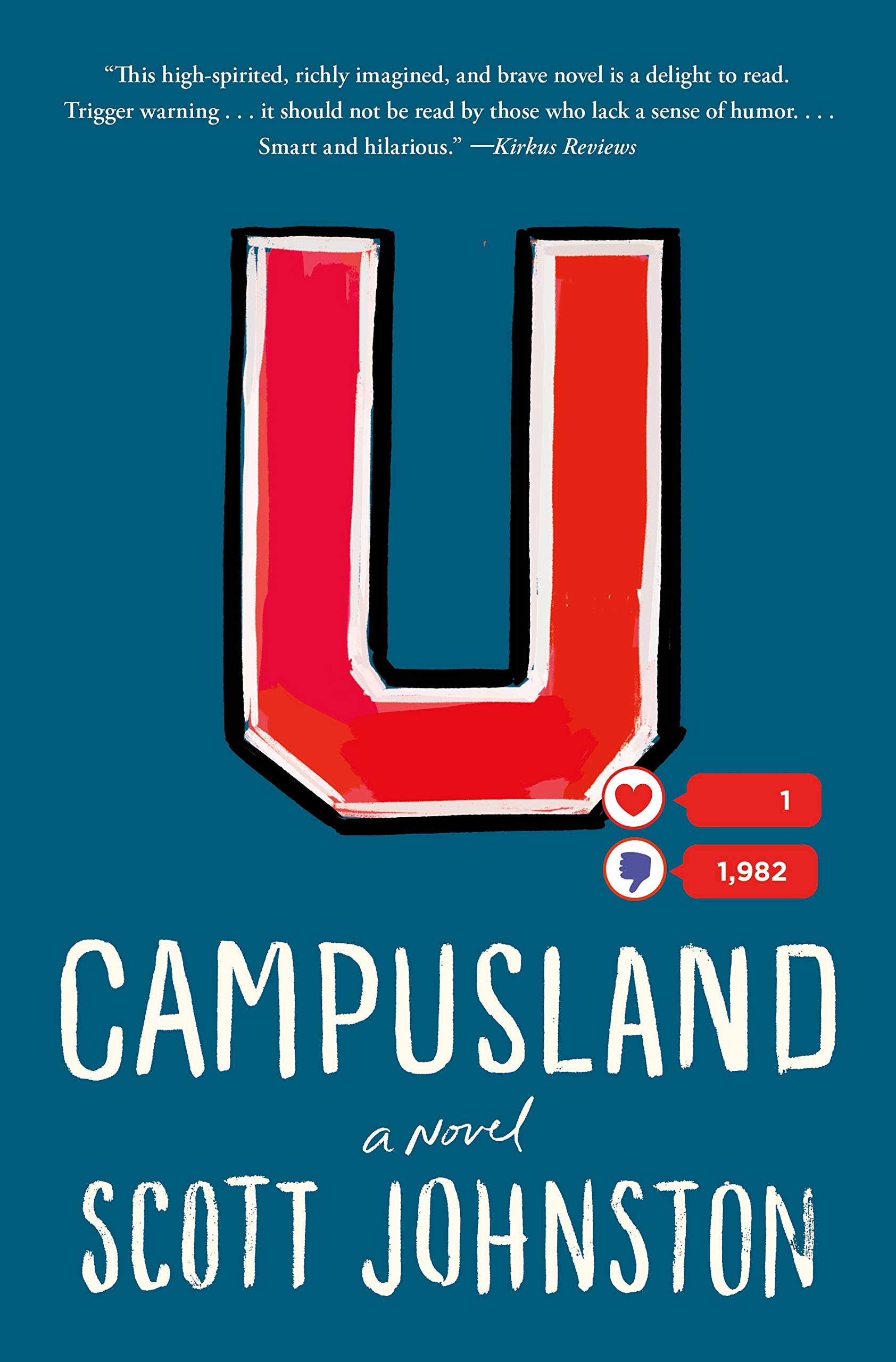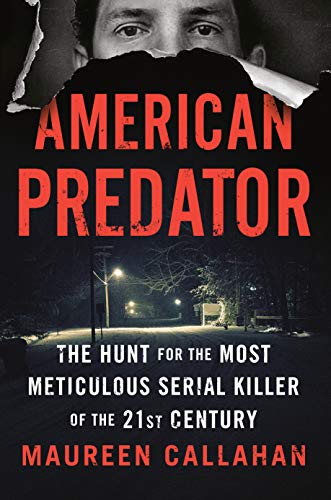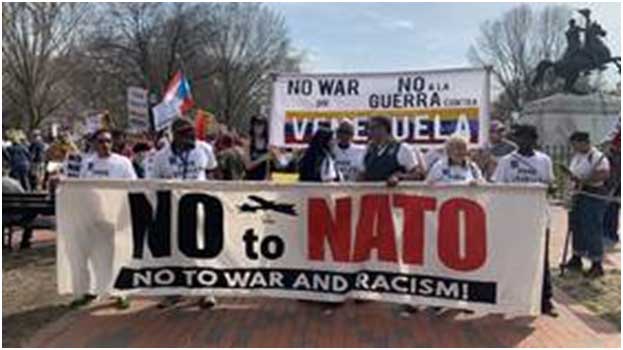EP 294 Working Hard Yet Still Broke in the Richest Country on Earth
You can work very hard in America, yet still be broke. And you can be white in America and still be poor. As our guest points out in her searing memoir, ‘Heartland’, ‘poor whiteness is a peculiar offense in that society imbues whiteness with power-not by just making it the racial norm next to which the rest are ‘others’ but by using it as a shorthand for economic stability’. She has seen it in generations of her family members in the Midwest as they work their with their hands and on their farms never thinking about the systemic forces pushing against them. ‘They speak a form of poetry, made up of things and actions’. But do those voices and the importance of those actions resonate in the power centers in America? I use Sarah Smarsh‘s words in this description of the podcast because they are so beautifully crafted and say so much. You must hear the message she has for America in trying to understand flyover country. One more nugget: ‘People on welfare were presumed ‘lazy’ and for us there was no more hurtful word.’ She explains her prose and her thoughts on being broke in the rich country on earth.
Podcast: Play in new window | Download







